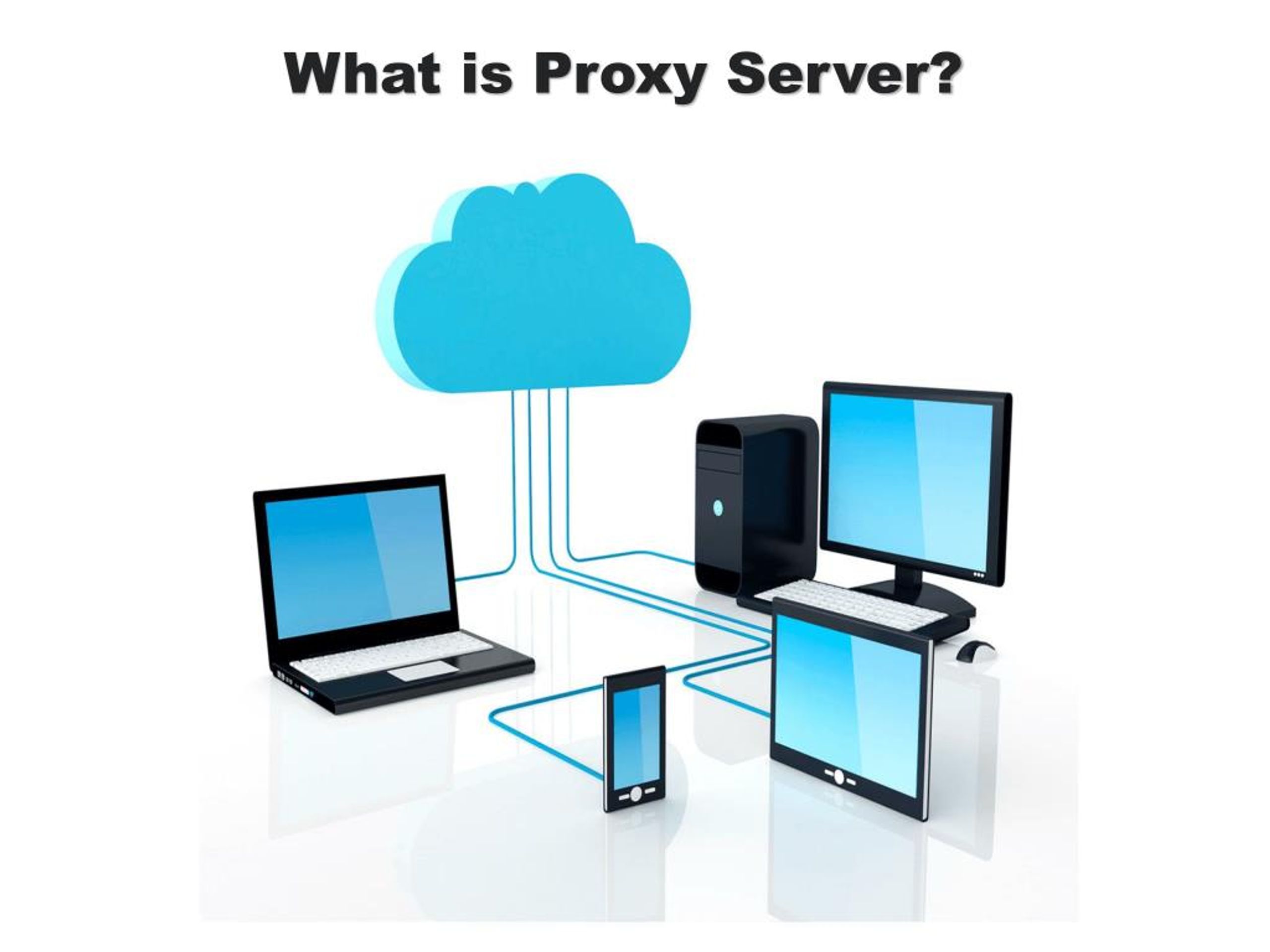In today's digital age, the internet can often feel like a wild west where dangers lurk around every corner. Whether it's identity theft, data breaches, or unwanted surveillance, safeguarding our online presence has always been more important. One effective tool in traversing this dangerous landscape is the proxy server. With their ability to act as intermediaries between users and the internet, proxy servers offer a significant layer of privacy, security, and anonymity that can greatly enhance our browsing experience.
As technology evolves, so do the methods we use to protect ourselves online. Proxy servers serve a range of purposes, from bypassing geographical restrictions on content to offering an added barrier against potential cyber threats. Understanding what a proxy server is and how it operates can empower users to make wise decisions about their online activities. In this article, we will explore the importance of proxy servers, their diverse types, the advantages they offer for privacy and security, and how they can be employed efficiently in both personal and professional contexts.
Understanding Proxy Servers for Networking
A proxy server acts as an mediator between a user's device and the world wide web. When you link to a proxy, your inquiries for information are forwarded through the intermediary instead of immediately to the final server. This means that the proxy server fetches the information for you, which then allows for diverse features such as anonymity, protection, and filtering content.
One of the key functions of a proxy is to offer a layer of defense for your digital activities. By masking your IP address, it makes it more complex for sites and potential hackers to monitor your internet activity. This additional layer of anonymity helps shield your identity, making it a valuable tool for those focused about confidentiality in an progressively interconnected virtual world.
Moreover, proxy servers can enhance the overall user experience by improving internet speeds and allowing access to location-based content. Varied types of proxies, such as HTTP, SOCKS, and transparent proxies, cater to varied needs, offering flexibility for users to pick the most suitable option based on their specific requirements, whether for personal browsing or corporate purposes.
Benefits and Risks of Proxy Usage
Utilizing a proxy server delivers a plethora of benefits, notably in enhancing online privacy and security. By serving as an intermediary between the user and the internet, proxies can mask the user's real IP address, making it more difficult for websites and malicious actors to track online activities. This anonymity can be crucial for individuals wanting to protect personal information or for businesses that aim to ensure their operations are guarded from potential cyber threats. Additionally, proxy servers can assist users access geo-restricted content, allowing for a more extensive browsing experience.
However, there are considerable risks connected with using proxy servers, notably free ones. Free proxies may not have strong security measures in place, exposing users to data breaches and malware. Furthermore, many free services record user activities, potentially compromising privacy rather than enhancing it. It's essential to examine the reputation and trustworthiness of a proxy service to mitigate these risks. Neglecting to do so could result in exposing sensitive information to third parties.
In the context of business operations, while proxy servers can significantly enhance cybersecurity and productivity, organizations must consider these advantages against the prospect for misconfiguration or inadequate protection. A poorly managed proxy can lead to security vulnerabilities, potentially exposing the company to harmful attacks. As with any tech solution, it is vital to opt for reputable proxy services and to adopt best practices for security.
Proxy Servers in Different Scenarios
Businesses often rely on proxies as important resources for improving cybersecurity. By directing internet traffic through a proxy server, organizations can supervise and refine outgoing and incoming data. This allows them to block harmful sites, avert data breaches, and maintain compliance with corporate policies. Additionally, Click for more info can provide anonymity for employees, making it harder for external actors to observe their online activities, thus enhancing the overall security of the business.
In gaming, proxy servers are employed to minimize lag and improve connection stability. Gamers often encounter issues like elevated response times and connection interruptions, which can greatly affect gameplay. By using a proxy specifically designed for video games, gamers can enjoy a more reliable experience, elude regional restrictions, and even boost their chances of not getting banned for IP violations. This ensures a smoother gaming experience and enhanced access to game servers worldwide.
Proxy servers play a essential role in data extraction and data collection for business analysis. Analysts and companies use proxies to collect data from websites without drawing notice or getting blocked. Different types of proxies, such as residential and data center proxies, enable users to access information efficiently while remaining anonymous. By employing proxies, companies can stay ahead of rivals, obtain insights from market trends, and adapt their strategies accordingly without facing the threats associated with unauthorized data collection attempts.

